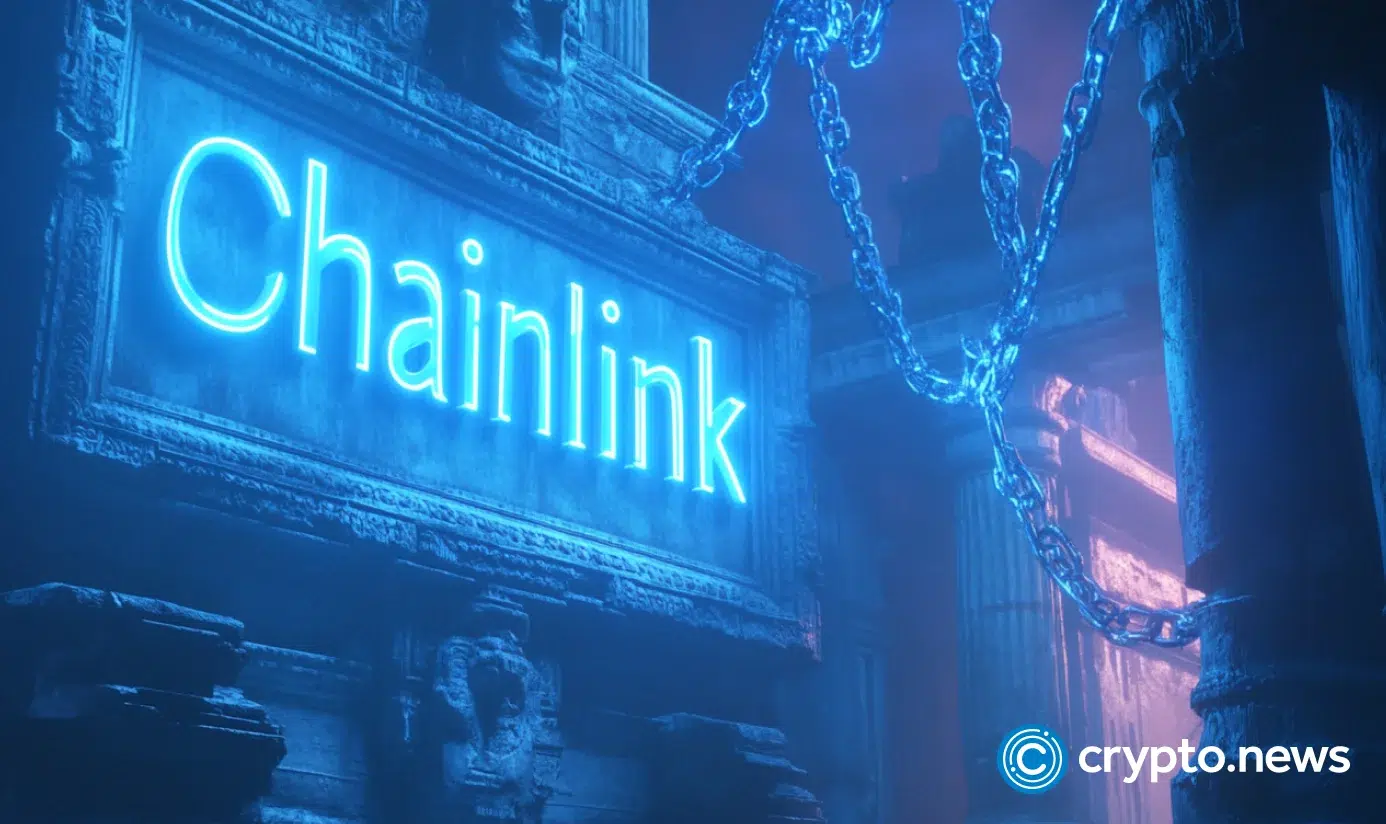Disclosure: The views and opinions expressed here belong solely to the author and do not represent the views and opinions of crypto.news’ editorial.
Real-world asset tokenization has surged to $27 billion, making it the fastest-growing corner of crypto. But while headlines boast about trillion-dollar potential, most platforms still fall short of the institutional standards needed to unlock real capital. The next phase of tokenization isn’t about hype — it’s about building rails institutions can actually trust.
Summary
- RWA tokenization grew 118% YoY to $27B, led by BlackRock’s $1.7B BUIDL fund.
- Institutions like Franklin Templeton and KKR are testing tokenization, but major allocators remain cautious.
- Current gaps include asset commingling, weak auditability, and a lack of regulated custody and insurance.
- To attract trillions in institutional capital, platforms must embed compliance, real-time audits, and ironclad custodial safeguards from day one.
Real-world asset tokenization is now the fastest-growing segment in crypto, clocking in at $27 billion, a 118% year-over-year surge. In the past year alone, BlackRock’s BUIDL fund crossed $1.7 billion in tokenized U.S. Treasuries, while institutional players like Franklin Templeton, Apollo, and KKR are rushing to tokenize everything from private credit to real estate on-chain.
The institutional growth has arrived, and now the challenge is clear: RWA platforms must build infrastructure that meets the unique standards of institutional capital if this gold rush is to deliver on its potential for investors and markets alike. When trillions in institutional assets start migrating onto blockchains, the quality of the rails matters for everyone.
As more players rush in, the gap between what is being built and what is actually needed deepens, growing more dangerous. With more at stake than ever, it’s time for platforms to focus on embedding the controls, transparency, and reliability that institutional capital requires. Only by adopting these standards can RWA tokenization deliver lasting benefits for end investors, borrowers, and overall financial stability, unlocking institutional capital at the scale needed to drive this trillion-dollar market. Forward-looking RWA platforms, however, recognize that serving institutions means evolving beyond early crypto playbooks. The next phase is about building the features needed to welcome and safeguard major capital.
The institutional standard: Where RWA infrastructure still falls short
In financial services, there are certain standards that are baseline; for example, client assets must be kept in legally distinct accounts. Meaning that if a custodian fails, the assets are recoverable and protected by regulations that have been used for decades.
On-chain, many RWA platforms still rely on pooled or omnibus wallets, a shortcut that blurs the line between client holdings and platform funds. This approach introduces a systemic risk: if a protocol is compromised, client assets may be mixed in ways that make legal recovery or restitution highly uncertain. On-chain, where such protections are usually absent, commingling turns a technical breach into a potential operational and legal nightmare.
Just as critical is auditability. Blockchain may promise transparency, but for institutional players, visibility without audit‑ready oversight is meaningless, and most RWA platforms still fall short.
It’s no surprise that many traditional hedge fund managers remain hesitant to crypto exposure, due to concerns over auditability and reporting standards, with 76% of those not currently invested in digital assets unlikely to enter the space within the next three years, up from 54% in 2023. Failing to meet these rigorous standards means locking out the very institutional capital poised to transform this market.
If RWA tokenization delivers on its promise, the industry can no longer settle for shortcuts. Infrastructure built for institutions means inherited safeguards, not just innovation. These safeguards include meticulous asset segregation, real-time auditability, and ironclad regulatory compliance, the same protections that have underpinned traditional finance for decades. Without them, institutional allocators will simply not move. This shift is what is needed if the next wave of capital is to be both substantial and sustainable.
Custody and compliance struggles
Behind every major allocation of institutional capital sits a base of regulated custody and insurance. Pension funds and sovereign wealth managers are not going to entrust billions to a browser extension wallet. Instead, institutions expect highly certified custodians (SOC2 or ISO) who provide both regulatory protection and robust insurance protecting clients in case of loss.
In short, while custody infrastructure is steadily improving, and leading providers are showing what’s possible, the broader market still has a way to go. Elevating these standards industry-wide is essential. Without insured, regulated custody at scale, even the most innovative platforms may find doors to major institutional capital remain firmly shut.
The same gap shows up in compliance. DeFi’s promise of permissionless access was once its boldest selling point. This same promise is ringing alarm bells for institutional allocators. Without built-in KYC, AML controls, and whitelisted investor pools, institutional allocators cannot participate — the risk profile is simply untenable. Expanding these frameworks will be key to unlocking broader institutional engagement going forward.
Until RWA platforms give regulated custody, insurance, and compliance the same priority as technical innovation, the sector will be stuck on the sidelines of true institutional finance. For tokenization to scale safely, these core systems must be foundational, or the promise of bringing real-world assets on-chain will not become a market reality.
The rift between headlines and reality
Even as the RWA tokenization market now exceeds $27 billion, the vast majority is held by crypto-native investors, hedge funds, and stablecoin issuers, not by the banks, insurers, or pension funds that move true institutional capital. Among the Fortune 100, only a handful have run tokenization pilots, and even fewer have allocated real balance sheet capital.
While some platforms have ticked off compliance boxes, earned accredited certifications, and landed custody partnerships, most of the industry still faces stiff regulatory scrutiny in the United States. As of today, the SEC continues to press for deeper disclosures, stronger investor protections, and clearer legal structures before it greenlights RWA tokenization for broad investment.
The real test is just beginning
Crypto is now at the same crossroads. The next wave of institutional capital will flow to platforms designed from day one with transparency, real-time auditability, segregated and insured custody, and with compliance woven into every layer. However, these platforms are still the exception, not the rule, at a time when the sector desperately needs robust, institution-ready rails. The few platforms taking a compliance-first approach, embedding safeguards and institution-ready custody from the outset, are the ones best positioned to meet Wall Street’s bar.
And as capital pours in, it’s only getting more selective. Institutional allocators will not move billions onto rails they cannot trust. The next leaders in RWA tokenization will be the ones embedding compliance, auditability, and custodial safeguards into their architecture from day one.




